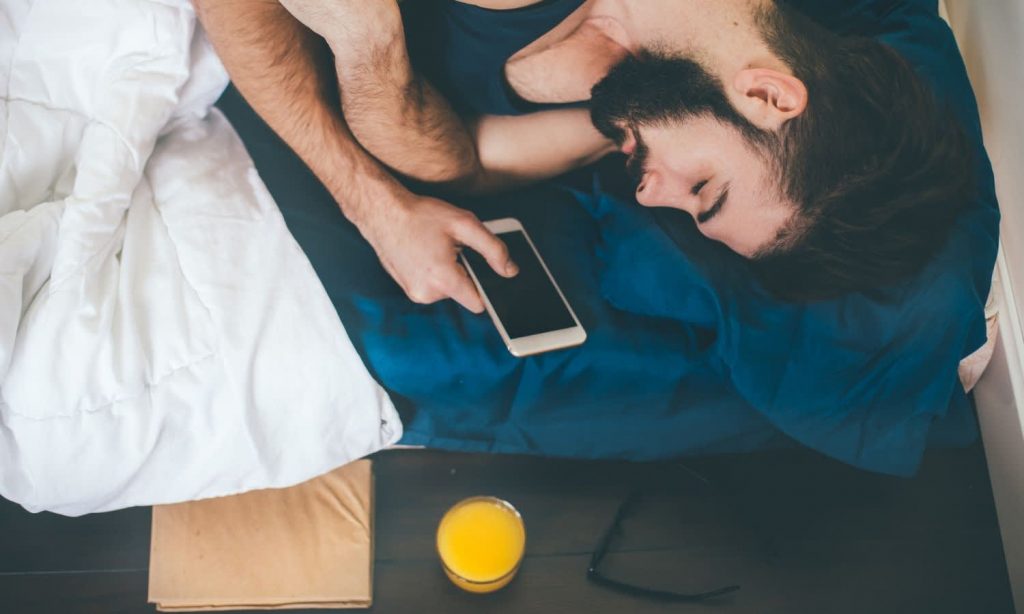Although some may argue that 2020 wasn’t all bad, it appears this disaster of a year has finally come for the one good thing we have left – our sleep.
20% of Australians are getting less sleep since COVID started, according to a sleep survey conducted by ResMed. Near 1 in 2 Aussies claim that stress has affected their sleep during lockdown.
ResMed’s Sleep Health Expert, Dr Carmel Harrington, said: “It’s not surprising that even though we may have had the opportunity to get more sleep, many of us are struggling to do so.”
We’ve had to deal with everything from work hours being cut down, reduced income, mortgages and bills, to worries about returning to the workplace, or catching COVID. No wonder our sleep has taken a hit.
The Latch spoke to Clinical Psychologist, Dr Lillian Nejad, who emphasised just how important sleep is.
“[It’s] paramount. Sleep is vital to all areas of our health and well-being, which means it’s very important to get your sleep back on track.”
She gave us some tips you can implement to improve your sleep and get a solid eight hours in 2021:
Maintain sleep structure
Dr Nejad reiterated the importance of a regular sleep routine. You know, the one your mum is always nagging you about no matter how old you are.
“Aim for 7-9 hours per night, and go to sleep and wake up at the same time every day.” Maintaining this structure has the added benefit of helping us “feel more secure and in control.”
Reduce and manage anxiety
Placing emphasis on including basic self-care needs within your routine, Dr Nejad said “they’re the foundation of staying physically and mentally well.”
These include incorporating relaxing and pleasant activities (such as self pleasure). Another suggestion was a relaxation technique called Progressive Muscle Relaxation, which “has been shown to reduce overall stress levels, and help people cope with anxiety-provoking situations.”
Schedule in some worry time
This may just be our favourite suggestion of all time – setting boundaries for your worry.
Rather than worrying all day every day, Dr Nejad suggested, “choosing a specific time and place to process and problem-solve.”
Get support
“If insomnia or anxiety are causing significant disruption in your life, seek support,” urged Dr Nejad. “There are many options including self-help, online courses, telehealth, or in-person support from a mental health professional.”







